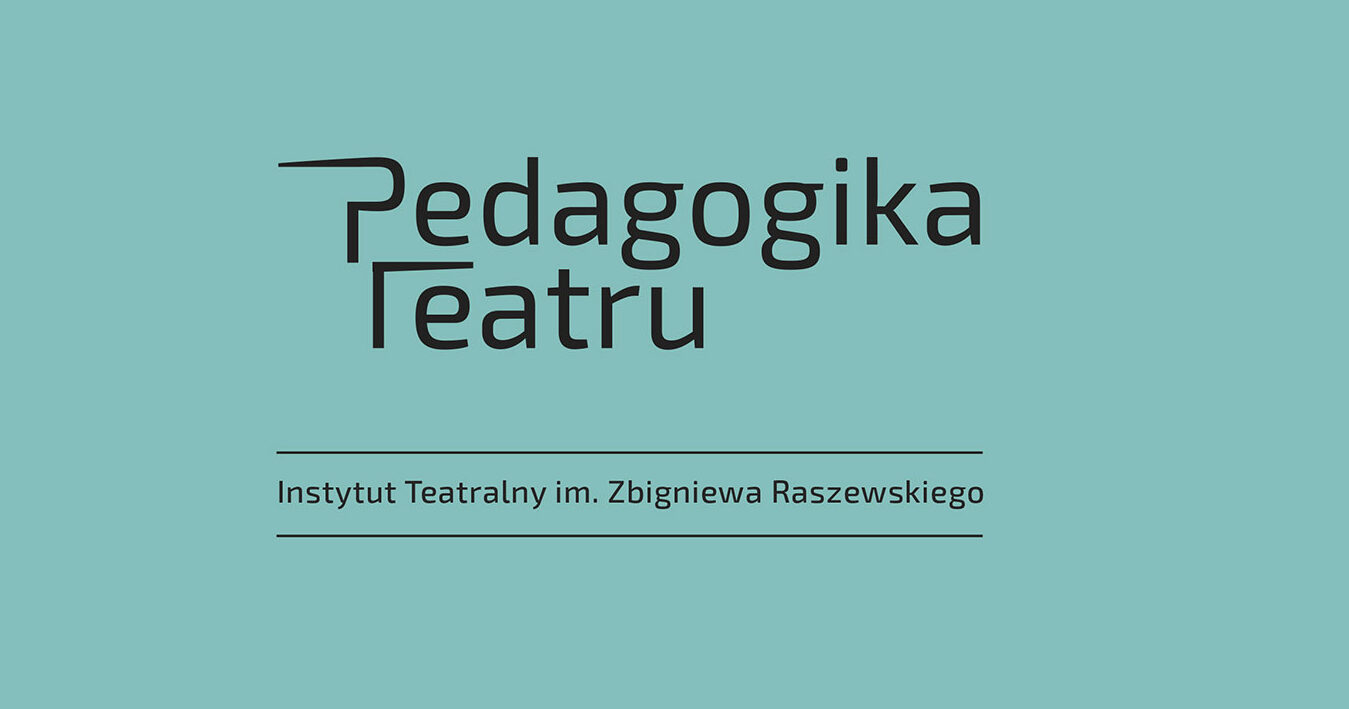In the Department of Theatre Pedagogy, we are dedicated to improving the quality of theatrical educational activities. By supporting teachers, animators, and educators in their professional growth, we aim to promote the field of theatre pedagogy.
Introduction to Theatre Pedagogy
Theatre Pedagogy, also known as “Theatrepädagogik” in German, is an independent discipline that blends theatre and pedagogy. It emerged in Germany in the early 1970s in response to the development of new theatrical techniques. In Poland, activities in this field were introduced at the beginning of the 21st century.
Key Values in Theatre Pedagogy
In theatre pedagogy, we place great importance on the following principles:
- Respecting the diversity of views and experiences, creating an inclusive space for different perspectives and fostering creative dialogue (drawing from critical pedagogy).
- Utilizing the aesthetics of contemporary theatre.
- Balancing the creative process with group dynamics.
Theatre pedagogy does not solely teach methods, theories, and practices related to stage performance. Instead, it uses these elements to foster self-reflection, effective communication, and a deeper understanding of social issues. By doing so, it enhances creative and receptive skills while also promoting the development of intrapersonal and interpersonal abilities. One common approach used in theatre pedagogy is the combination of pedagogical and theatrical workshops, where theatre is used as a medium to explore selected topics. This methodology allows participants to engage as both creators (through creative activities) and observers (by sharing their perceptions), forming the basis for critical thinking about themselves, the world, and theatre. This approach can be implemented in one-off sessions (e.g., performance workshops, lessons) as well as long-term group projects (e.g., preparing a performance, a series of thematic workshops).

